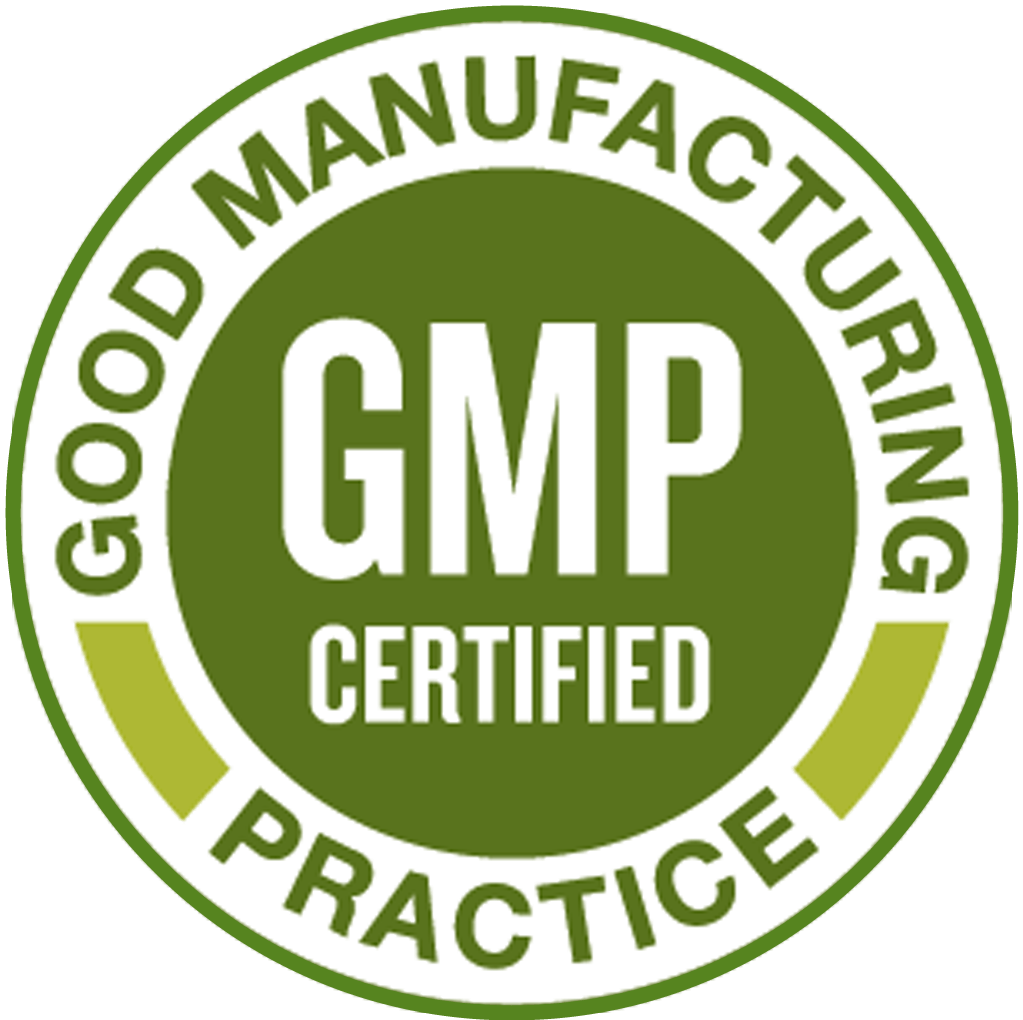
GMP/ WHO GMP (Good Manufacturing Process)
Good Manufacturing Practice (GMP) is a term that is recognized worldwide for the control and management of manufacturing, testing and overall quality control of food and pharmaceutical products.
GMP takes quality assurance approach, which ensures that products are consistently produced and controlled to the quality standards appropriate to their intended use and as required by the marketing authorization. GMP is aimed primarily at diminishing the risks inherent in any Pharmaceutical or Food production.
GMP addresses issues including documentation, record keeping, personnel qualifications, sanitation, cleanliness, equipment verification, process validation, and complaint handling. Most GMP requirements are very general and open- ended, allowing each manufacturer to decide individually how to best implement the necessary controls. This provides much flexibility, but also requires that the manufacturer interpret the requirements in a manner which makes sense for each individual business
An important part of GMP, “documentation” of every aspect of the process, activities, and operations involved with manufacture. If the documentation showing how the product was made and tested is not correct and in order, then the product does not meet the required specification and is considered contaminated (adulterated in the US).
Additionally, GMP requires that all manufacturing and testing equipment has been qualified as suitable for use, and that all operational methodologies and procedures, such as manufacturing, cleaning, and analytical testing, utilized in the drug or food manufacturing process have been validated to demonstrate that they can perform their purported functions.
The quality approach of GMP ensures manufacturing, enabling companies to minimize or eliminate instances of contamination, mixups, and errors. This in turn, protects the consumer from purchasing a product, which is not effective or even dangerous. Failure of firms to comply with GMP regulations can result in very serious consequences including recall, seizure, fines, and jail time.
It is believed that GMP is a good business tool, which will help to refine both compliance and performance of the Company. GMP requirements are largely common sense practices, which will help companies better itself as it moves toward a quality approach using continuous improvement.
GMP is also sometimes referred to as “cGMP”. The “current,” methodologies of manufacture, testing, design and control. The Manufacturers must employ technologies and systems, which are up-to-date. Systems and equipment used to prevent contamination, mixups, and errors are adequate by today’s standards.
Thus, Good Manufacturing Practices -GMP, when certified of an organization, is an authorisation and certification of Companies product & process that quality standards are adequate, up to date and controlled for the intended use by the consumer.
